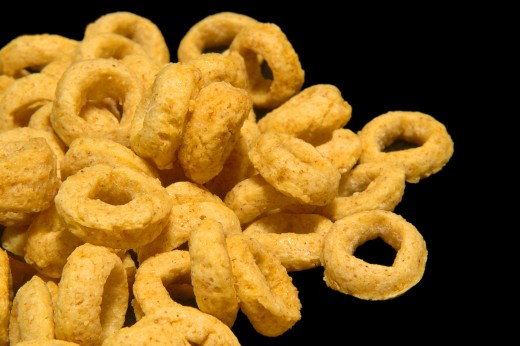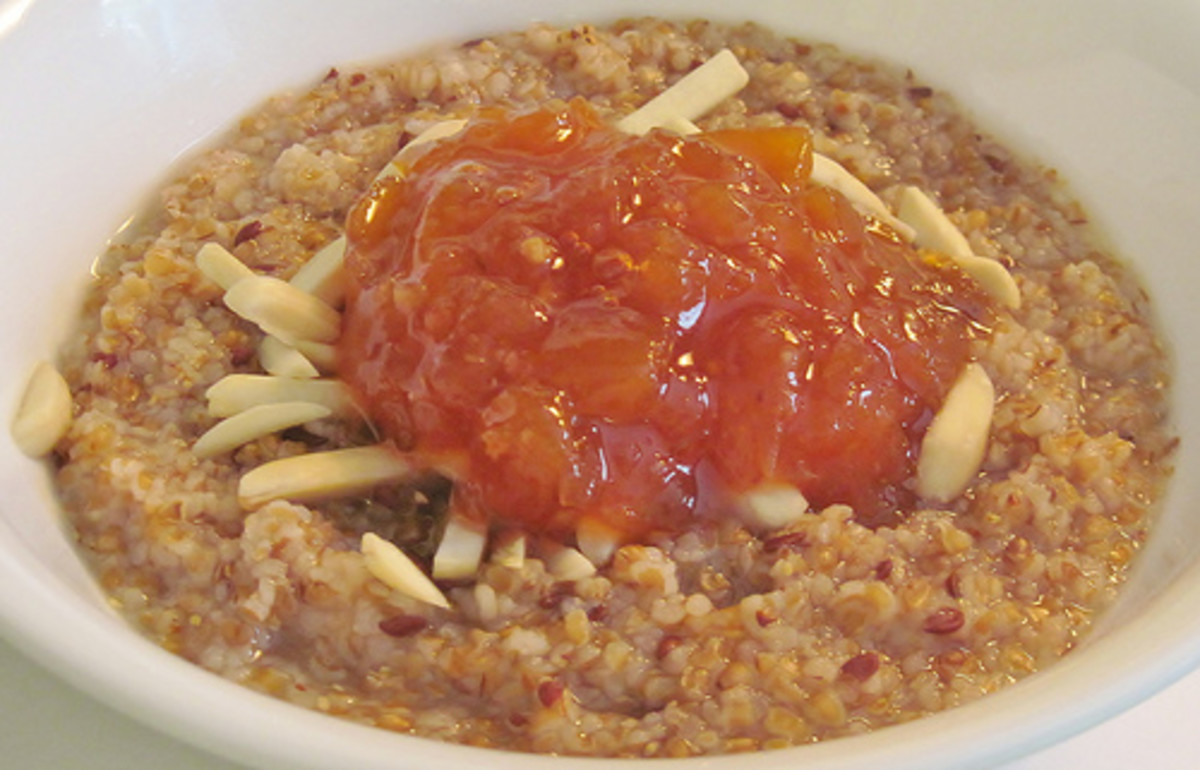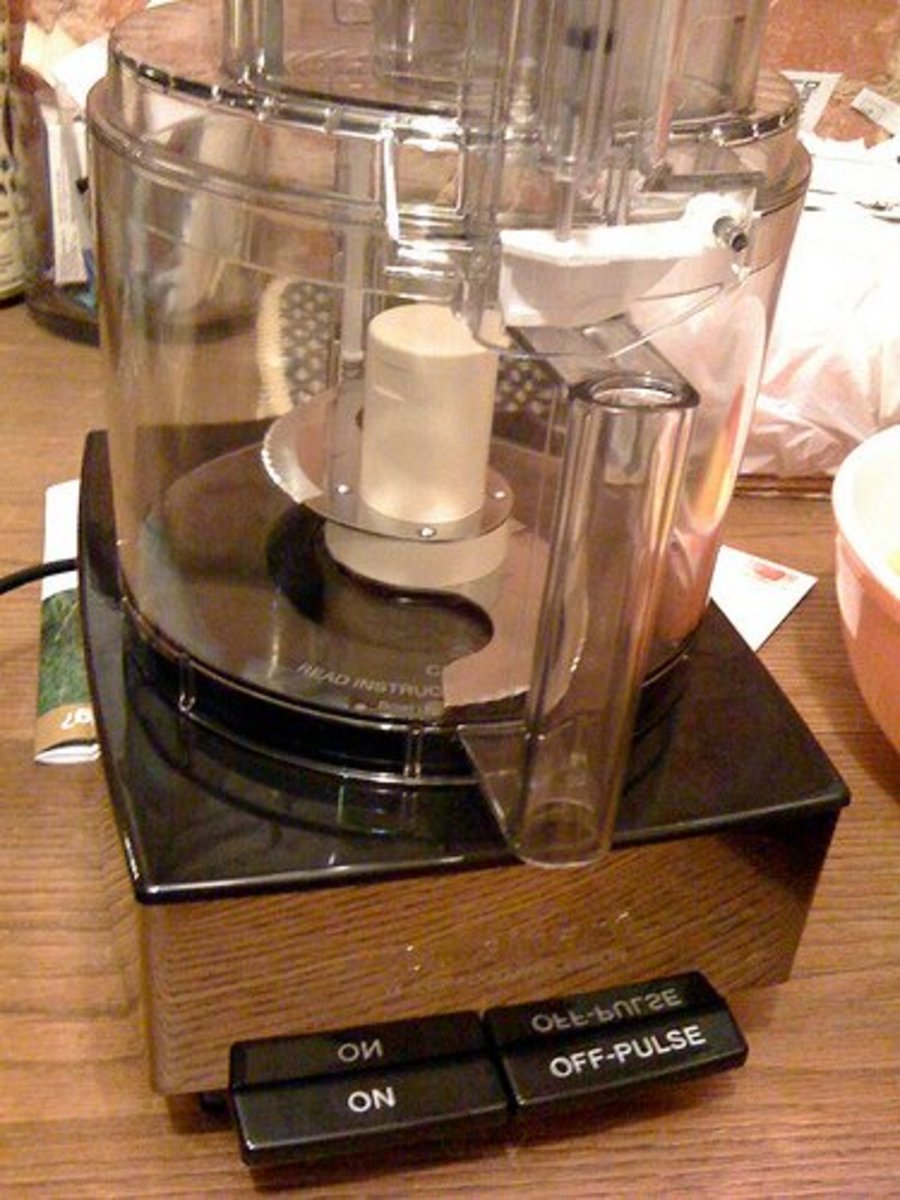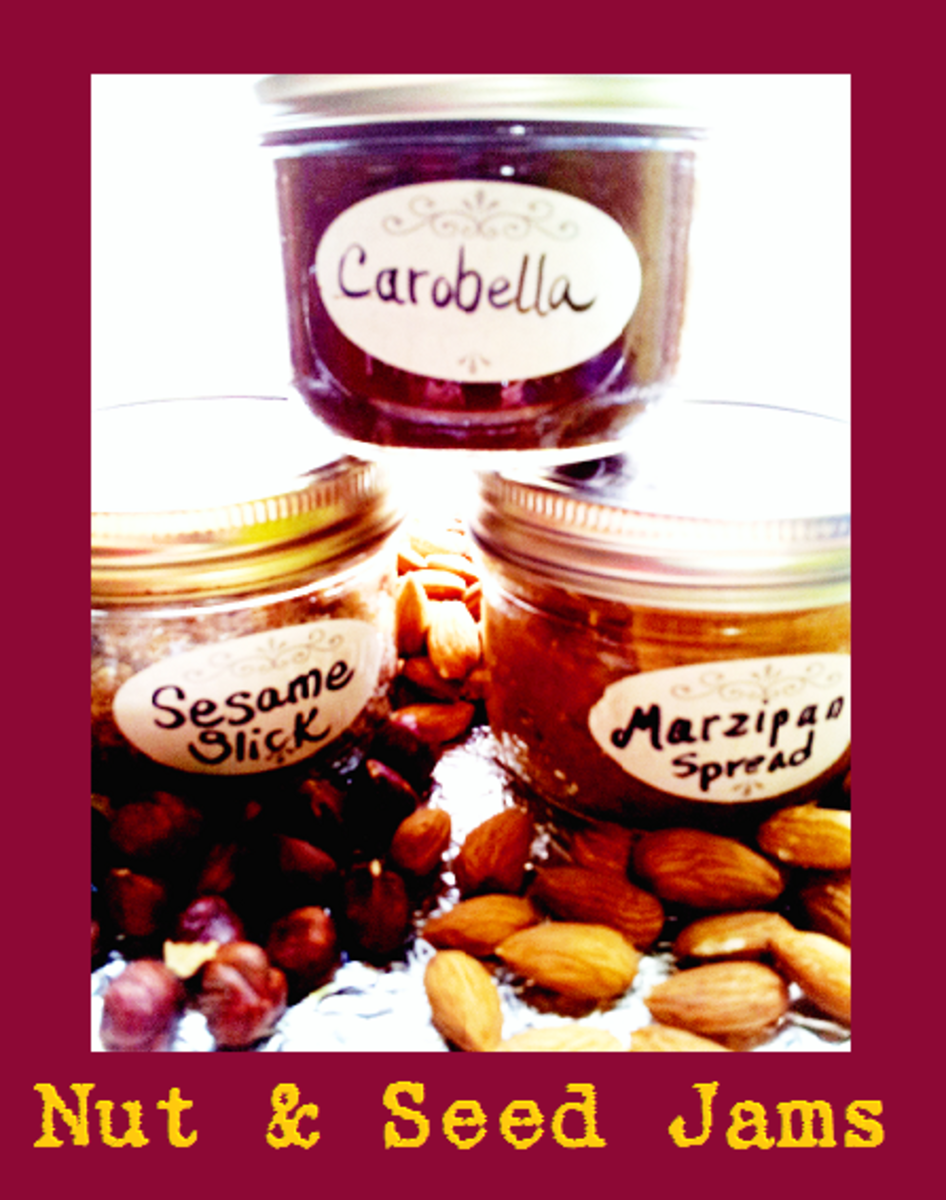Children's Breakfast Cereals A Healthy Choice
Breakfast cereals and truth
Obesity in both Britain and America is reaching worrying levels. Obesity amongst children is reaching worrying level with 11% of United Kingdom children aged 2 to 15 classified as obese in 1995 increasing to 16% in 2006. Yet the government still fails to regulate companies, which market sweetened, salty, fat laden, food directly to children. Many companies do this but among the worst offenders are the breakfast cereal companies. They are amongst those who deceive, because they market their products as being healthy for children.
Many companies did indeed build their reputations on producing healthy breakfast cereals; however, a walk along the cereals aisle at any supermarket reveals a huge variety of sweetened cereals, and the latest 'which' report on breakfast cereals reveals that these companies long ago left that healthy reputation behind. They all market their products with cartoons, and children’s television characters and many give small promotional toy gifts in the packets, to encourage children’s interest. Their television ads feature catchy jingles and even babies, barely able to speak, recognize the ads and can equate the jingle with the product in the shops. The few healthy cereals are not advertised in a way that attracts children. Only two of the popular children’s cereals did not make a health claim on the packaging.
Children are very vulnerable to these messages. ‘Which’, the consumer organization recently enquired into breakfast cereals. Their table showing the fat, sugar, salt, and carbohydrate contents of cereals makes for interesting and worrying reading. The table uses the popular traffic light system, making it very readable and informative. The huge blocks of red and orange on the table far outstrip the green.
‘Which also looked at alternative breakfast foods, such as a boiled egg, porridge, toast and jam, and smoothies, and calculated the fat, salt, sugar and carbohydrate content of each? The comparison between these and typical children’s breakfast cereals is enlightening. ‘Which’ calls for the following improvements, food companies should stop marketing high fat, high sugar, or high salt, cereals to children. Food companies should use a common labeling system, which works for customers, such as the Food Standards Agency’s traffic light system, making it easy to understand and identify fat, sugar, salt, and saturates in foods and cut these wherever possible. That food companies cease making misleading health and nutrition claims on products. ‘Which’ believes that companies should develop and market healthy cereals to give customers healthy choices. ‘Which’ recommends extending television advertising restrictions, to forbid companies’ targeting their advertising at children during those television programmes that they are likely to watch. They further believe that advertising restrictions should cover packaging, the internet, and other non-broadcast means, currently used to promote less healthy food to children.
However, there is unlikely to be any change to the current practices, in the United Kingdom. The current Conservative-led coalition government believes that it can change food industry practices by gentle persuasion and negotiation. Placing food industry giants on the committee writing government policy on obesity, alcohol and diet-related disease is akin to putting the tobacco companies in charge of smoking policy. Until the government changes, Which’s sensible report falls on deaf ears and the breakfast cereal company’s will laugh all the way to the bank as they promote their sugary and salty cereals to children, all the while claiming that they constitute a healthy breakfast for growing children. Customers will continue to buy these products, believing that they are buying healthy breakfast foods for their children.







